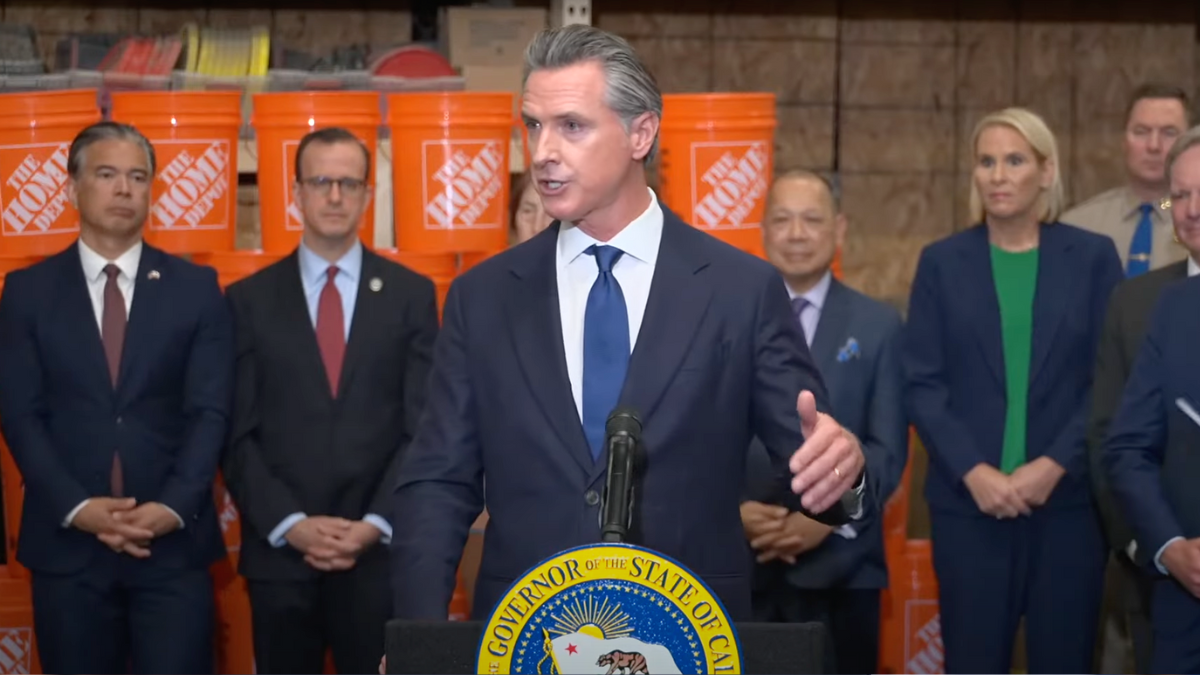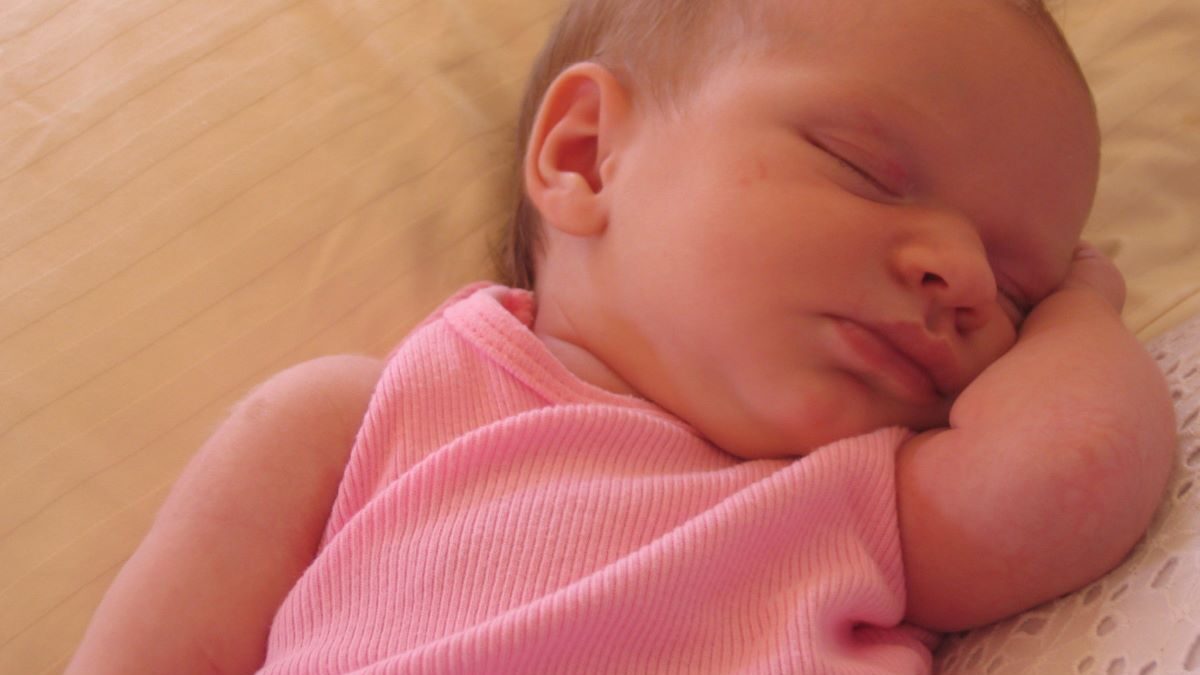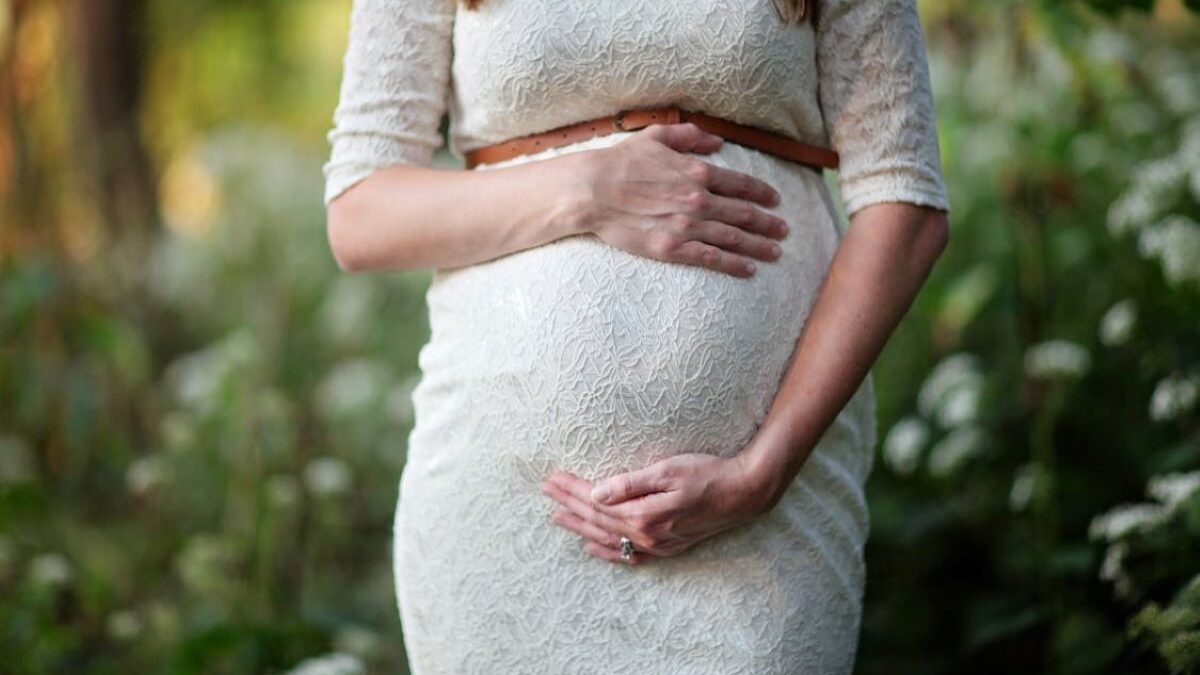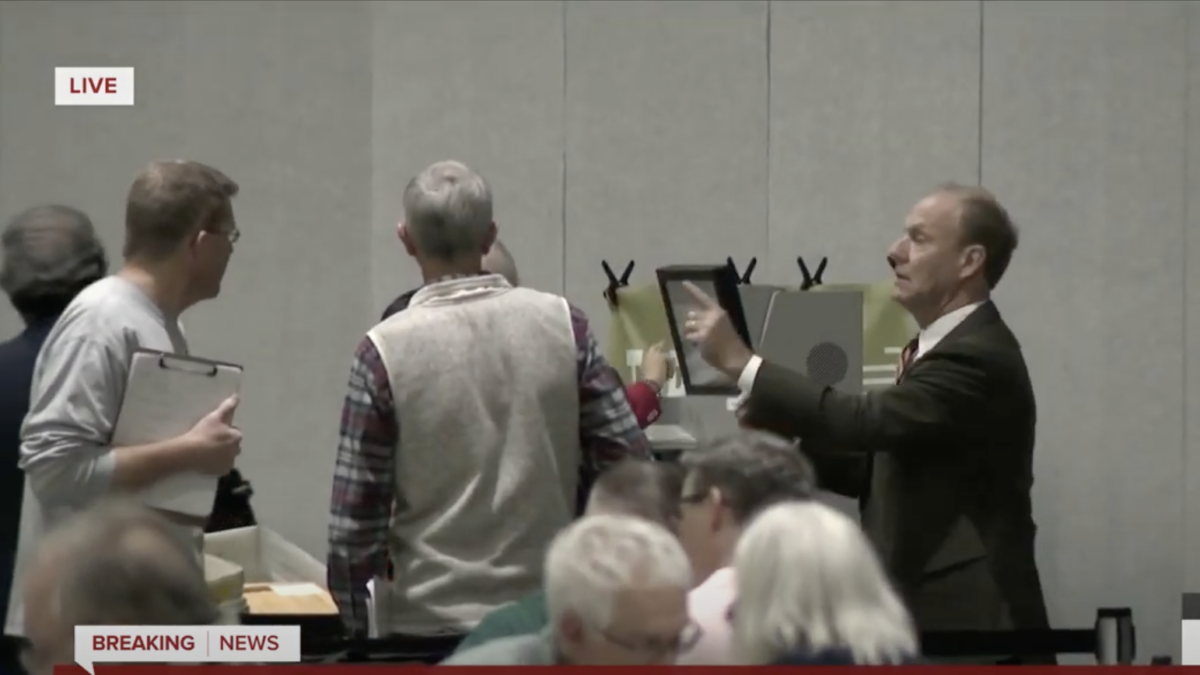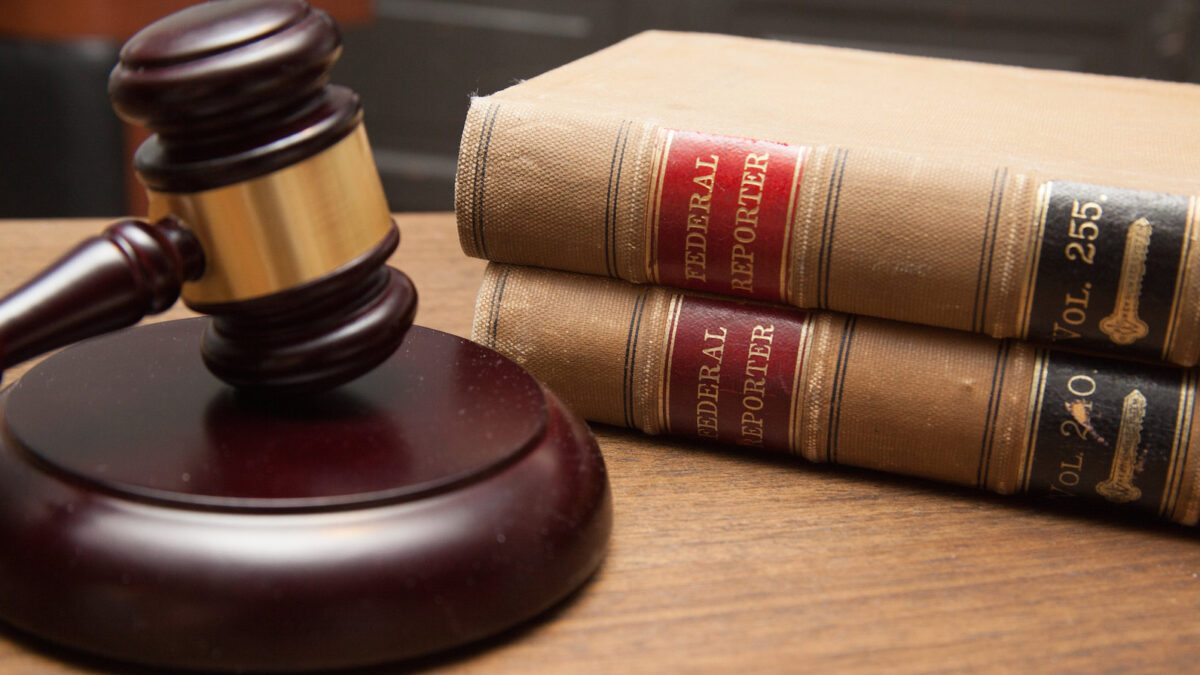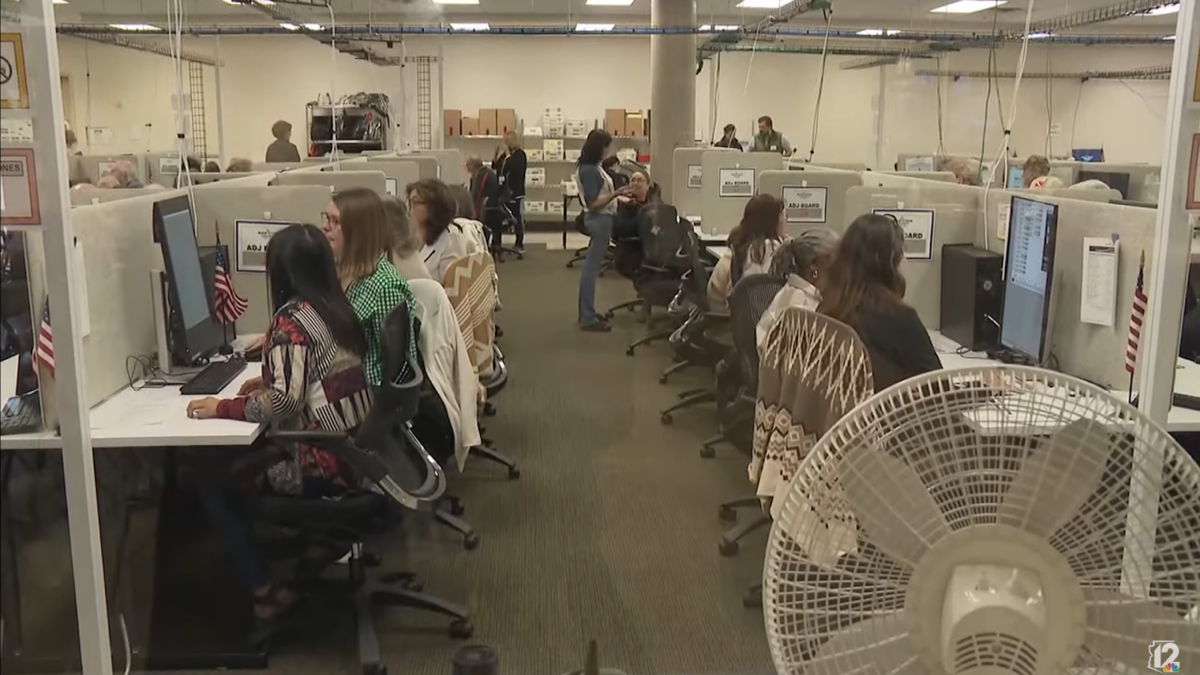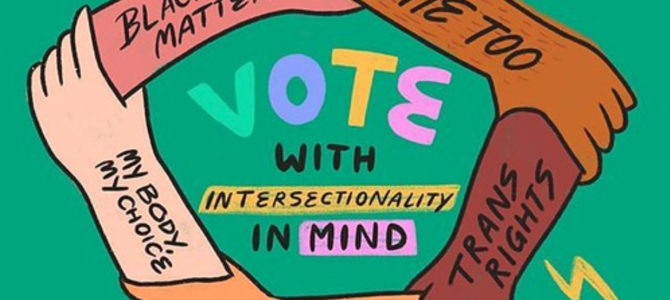
#BlackoutTuesday on June 2 was a case study in performance solidarity gone wrong, writes Washington Post columnist Karen Attiah. “Why would a silent black square, with no black people in it, qualify as activism messaging?” she asks. “Many white people expressed that they just didn’t know what to do, they were petrified of posting the wrong thing, and this seemed like the best way to thread the needle,” she further notes. But I’d offer there’s a deeper dynamic at work: Americans have convinced themselves that participation in social media activism absolves them from the hard work of authentic civic responsibility.
Attiah, who is black, writes of her frustration with these zealous social-media warriors:
Black people and other activists also had to spend time dealing with messages from distraught white and non-black friends who were overwhelmed with guilt and anxiety at the thought that they had stumbled and fallen while taking their first baby steps toward making a stand for social justice.
Many of us realize we will be asked to spend untold amounts of emotional labor trying to guide, teach, soothe white people in these moments.
Though I’m a white conservative, suspicious of the 1619 Project and data-ignorant claims regarding supposed systemic racist police brutality, and though Attiah’s “woe is me, mentoring those over-sensitive white people” sermonizing is silly and overwrought, I can appreciate her annoyance. Her words accurately describe many of the pseudo-activist posts that have populated my Facebook thread since George Floyd was killed May 25.
Social Media Tokenism Is Counterproductive
Deep within the American psyche is a distractibility that is eager for quick fixes. “The habit of inattention is to be regarded as the greatest defect of the democratic character,” noted French statesman Alexis de Tocqueville in his pivotal 1835 book “Democracy in America.” Social media aggravates this tendency, both because of the accelerated pace of content and because the forum is literally addicting, as numerous books and studies are demonstrating.
The social media post requires little intellectual reflection and even less labor. A “social media warrior” can rattle off Twitter posts expressing solidarity with Black Lives Matter from the safety of his home or while standing in line at Starbucks. One can simply repost what some other person has published and feel that calming, self-congratulatory sense of having done something. Like the absurd song “We’ve Got to Do Something” from the 2008 film “Forgetting Sarah Marshall,” it doesn’t really matter what the “something” is.
These token gestures can actually be inimical to democracy because they create a veneer of civic engagement that is both superficial and narcissistic. “I’m not racist or part of the problem, look what I did on Facebook,” the social media warrior asserts. In its performative demonstration of corrective and constructive, penitential acts, it promotes a political dynamic that allows the person posting to leave unexamined and untouched his or her real civic duties.
Whatever one thinks of the specific debates regarding police tactics or allegations of institutional and systemic racism, it’s obvious there is a significant, shameless disparity between blacks and whites in America. Remedying that requires more than self-comforting public gestures expressing solidarity with the black community or BLM protesters.
I agree with former Secretary of State Condoleezza Rice, who in a June 4 Washington Post op-ed argues that educational opportunities are “a partial shield against prejudice.” They may not be a perfect shield, but they “give people a fighting chance.”
This is especially the case when the proportion of black children raised in single-parent families is 65 percent, more than double the number of white children. As University of Virginia sociologist W. Bradford Wilcox has often argued, family instability is a direct contributor to child poverty.
Real Change Requires Investment
As a former educator and high-school athletic coach, I’ve been involved in tutoring, mentoring, teaching, and coaching children in underprivileged, minority communities across Virginia — in Fairfax, Lorton, Charlottesville, and the Gum Springs neighborhood of Alexandria, where in July 2019, gunmen opened fire on high school students at a playground.
Many of the children I taught, mentored, or coached came from broken homes, often with no identifiable father figure. Sometimes it was hard to keep track of them when parents didn’t pay the phone bill. Such kids can be emotionally distant and distrustful of authorities, making mentorship no easy task.
One elementary school-aged black student I tutored for three years in Charlottesville was suspended for fighting. Another high school-aged first-generation South Asian kid I tutored for two years in Fairfax was expelled for drug possession. In both cases, much of the problem stemmed from bad-influence peers. And in both circumstances, the continued presence of mentors in their lives, especially amid their failures, was critical to helping them persevere personally and academically. Such investment is needed now more than ever, when the percentage of Americans who donate to charity or volunteer is at historic lows.
Americans can debate what the nation needs to right the wrongs of various social, racial, or economic injustice. What isn’t up for debate are some of the simplest, most straightforward ways citizens can help people in underprivileged communities — mentoring, tutoring, or volunteering at secular or religious community centers. My local mentoring and tutoring organization, for example, never has enough volunteers.
If Americans want to know where to start helping their fellow citizens in need, the answer is not far away. They only have to put away their devices long enough to see it.



